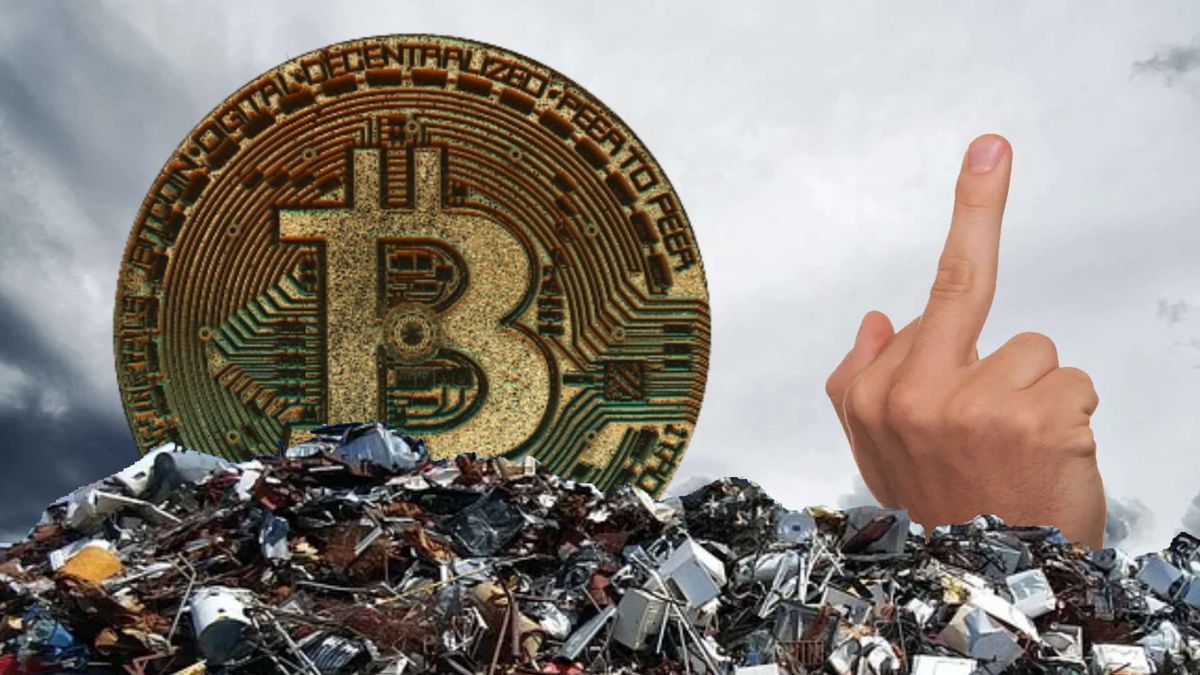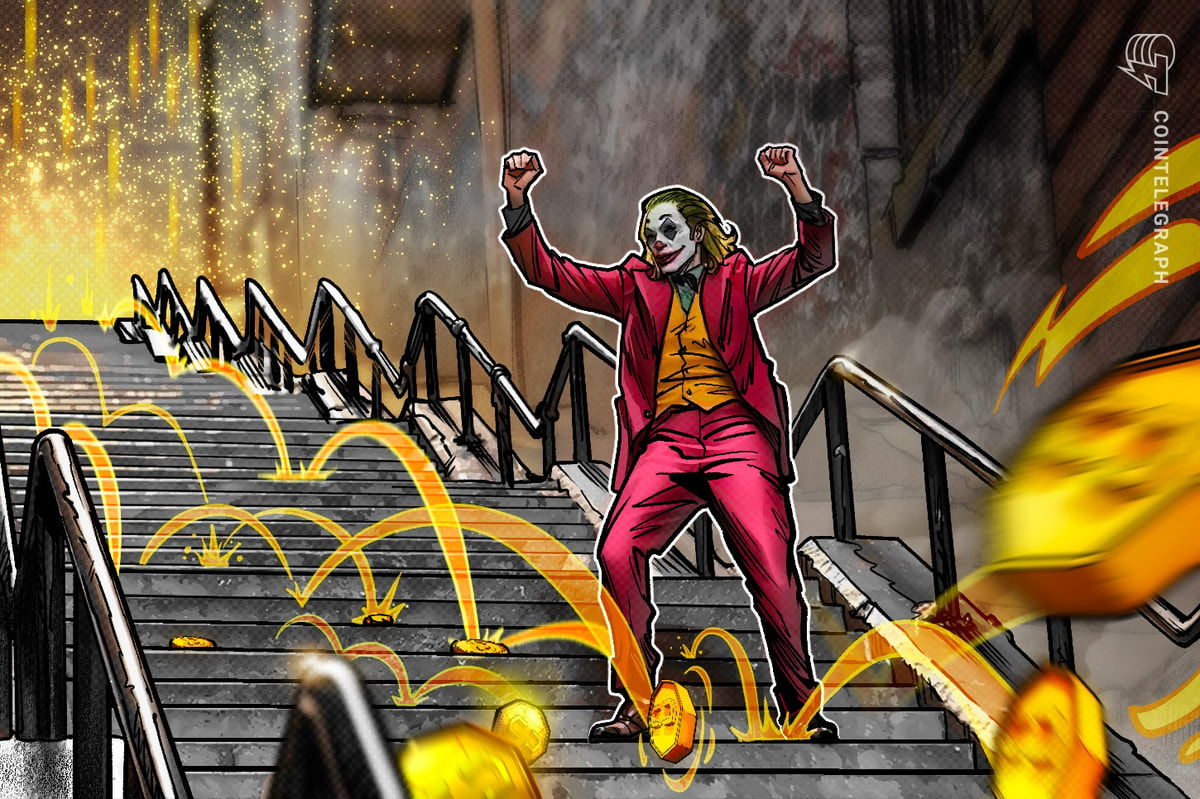A UK High Court judge has dismissed a man's attempt to sue Newport council over a long-lost hard drive containing Bitcoin, which should be the full stop on a rather farcical saga that's been running for years. James Howells is a computer engineer who got in on Bitcoin early and mined approximately 7,500 Bitcoin from 2009. Then he forgot about it, and his former partner dumped the hard drive containing the Bitcoin wallet in 2013.
Oops! With Bitcoin's price having risen spectacularly since those days, it is estimated that the hard drive now contains $598 million worth of Bitcoin, with Howells claiming it could be worth as much as $1 billion next year.
Howells has been pursuing Newport City Council, which operates the tip site, since 2013. After initially trying to outright sue for access to the site, in recent years he's also tried a more softly-softly approach, offering the council 25% of the haul's value if they'd let him look for it.
In the latest hearing, Newport council asked the High Court to strike out Howells' legal action, which demanded he be given the right to access the landfill or receive £495 million ($601 million) in compensation. But Judge Keyser KC shut it all down, saying the claim had no "reasonable grounds" and there was "no realistic prospect of succeeding if it went to trial."
Howells told the BBC he was "very upset." He went on to say that he'd "been trying to engage with Newport City Council in every way which is humanly possible for the past 12 years" and this was "a kick in the teeth." Then he got a bit conspiratorial and woe-is-me about the whole thing.
"It's not about greed, I'm happy to share the proceeds but nobody in a position of power will have a decent conversation with me," said Howells. "This ruling has taken everything from me and left me with nothing. It's the great British injustice system striking again."
While it's hard not to feel a small pang of sympathy for Howells, he was trying to set a pretty crazy legal precedent: That something disposed of as trash in a landfill remained his property, and it was Newport Council's responsibility to help him find it. Representing the council, James Goudie KC argued that under existing laws the hard drive became the council's property when it entered the landfill, and Howell's inducements were just trying to get the council to "play fast and loose" by "signing up for a share of the action."
Goudie also pointed out the environmental impact of excavating 11 years of putrescent waste, allowing millions of tons of methane and CO2 to escape into the atmosphere, and breaching the council's obligations in this area.
The landfill in question holds more than 1.4m tonnes of waste, though Howells reckons he's narrowed the hard drive's location to an area consisting of 100,000 tonnes. But even then, the chances of this thing surviving in any usable form where the Bitcoin could be recovered seems remote at absolute best: It's in all likelihood a hunk of corroded metal, and has been for years.

 1 day ago
6
1 day ago
6









 English (US) ·
English (US) ·